The story of Hannah’s urgent plea for a child in the Tabernacle at Shiloh happened during Sukkot, or Tabernacles. This 7-day festival has just ended, bringing, along with Simchat Torah (Joy in Torah), the season of Jewish High Holy Days* to a close.
*(Rosh haShanah Jewish New Year/Yom Kippur The Day of Atonement/Sukkot/Simchat Torah).
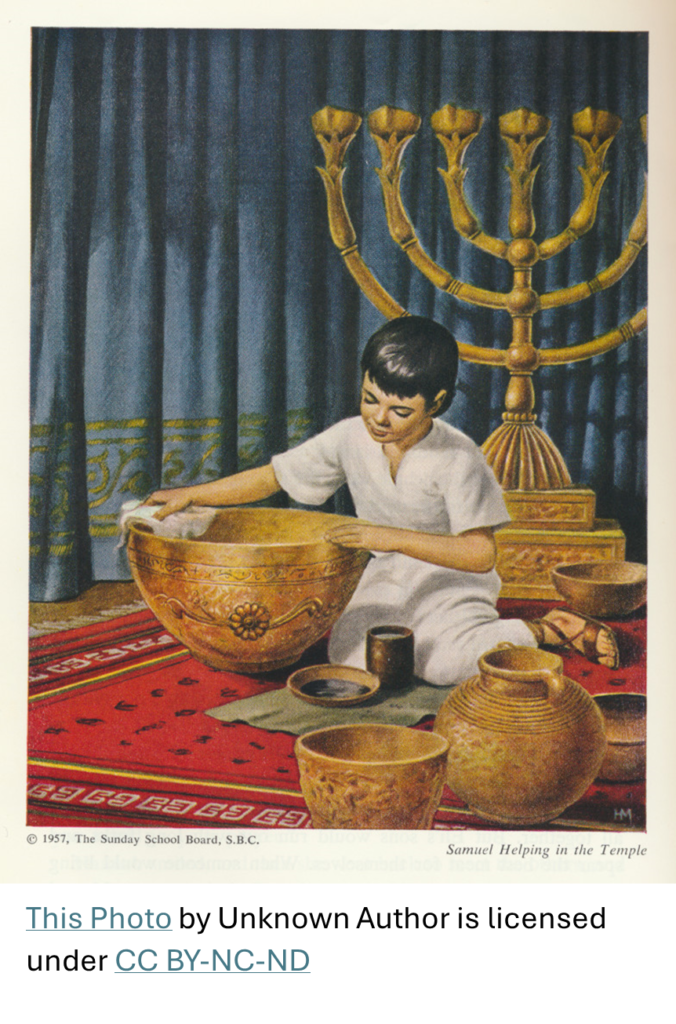
Fragility
Every year, Hannah’s family would go up to Shiloh to mark the week-long festival of Sukkot, which became known in Israel simply as “The Festival”, underlining its importance in the Jewish calendar. Sukkot remembers the Israelites, newly freed from slavery in Egypt, dwelling in booths in the desert. It recognizes the fragility of their lives and our own, still today. We are all totally dependent on God for our survival.
Booths and Lulav
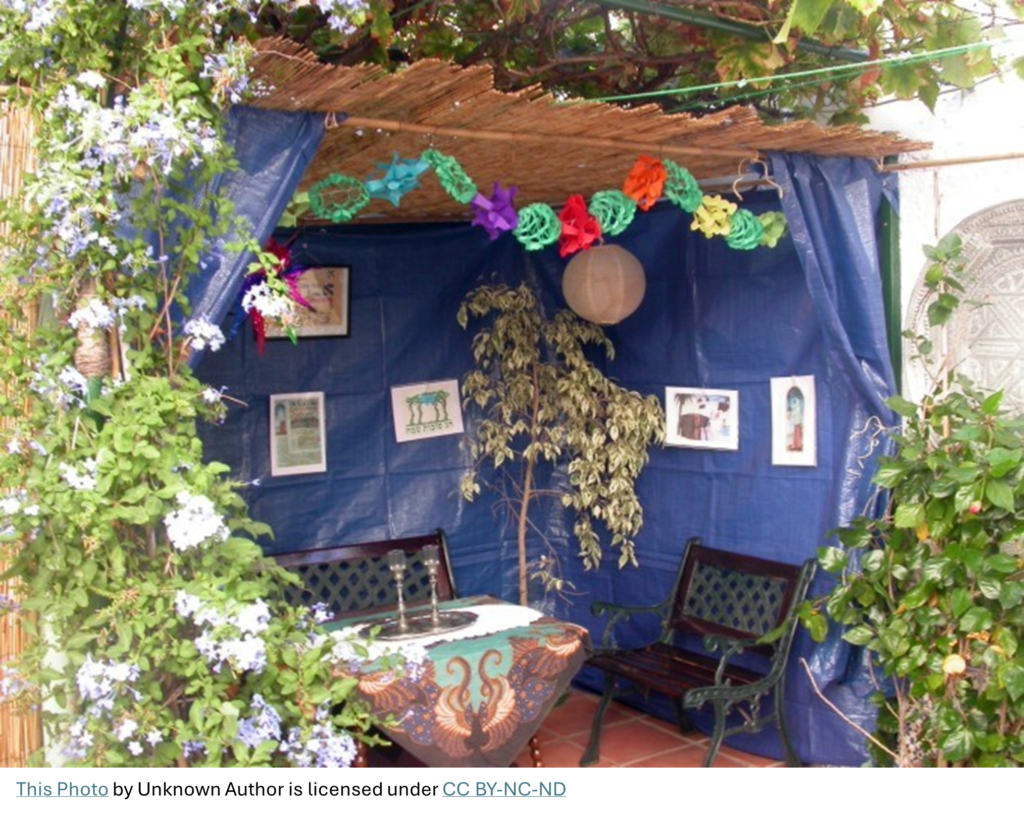
Sukkot fell shortly after the grape harvest and winemaking and included elements of harvest festival (Ex.23:16). Booths were decorated with greenery and fragrant produce. People ate and even slept in them. Jews do this to this day.
A plea for rain to water the crops about to be sown was made through the shaking of the lulav to the four points of the compass. The shaking sounds like rain.
A Mother in Israel
Hannah, first wife of Elkanah, desperately wanted a child. Like other Jewish women who, still today, are eager to honour God’s command to “Go forth and multiply,” (Gen. 1:28), she sought to become a “Mother in Israel,” (Judges 5:7). The gloating of her husband’s second wife, Peninah, about her own fertility did not help, any more than Elkanah’s attempts to sooth her by telling her it didn’t matter that she was childless.
Hannah’s Urgent Plea
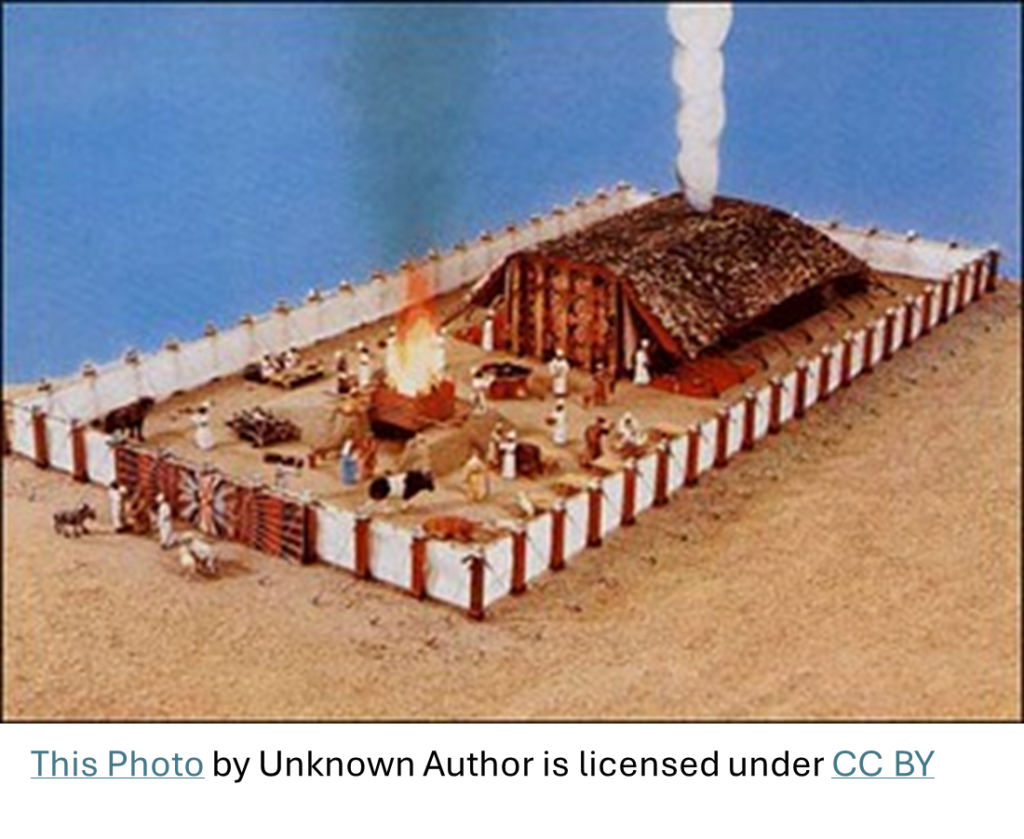
In a state of misery, she left the celebratory Sukkot meal and hurried to God in His Tabernacle to plead for a child. She may well have run the gauntlet of young men and women playing hide and seek among the vines, along the way. This was the season for flirtation and matchmaking.
Hannah’s visit to the Tabernacle came towards the end of the 369-year period that it was kept in Shiloh, following Joshua’s conquest of Canaan.
There, she poured out her heart to God.
Eli, the Priest
The priest, Eli, rebuked her, thinking her drunk. Perhaps many in the town were drunk at that time.
He soon understood that it was grief and not wine that caused Hannah’s lips to move as her body heaved from weeping. She had made a vow to God: if He would give her a son, she would give that son right back.
“Go in peace, and may the God of Israel grant you what you have asked of him,” Eli told her.
A Son
God granted Hannah her heart’s desire. She gave birth to Samuel (Shmuel, ‘God hears’) and she kept her vow, which must have been very hard for her, after her son had been so hard-won. As soon as he was weaned, she gave him up to Eli to train for the priesthood.
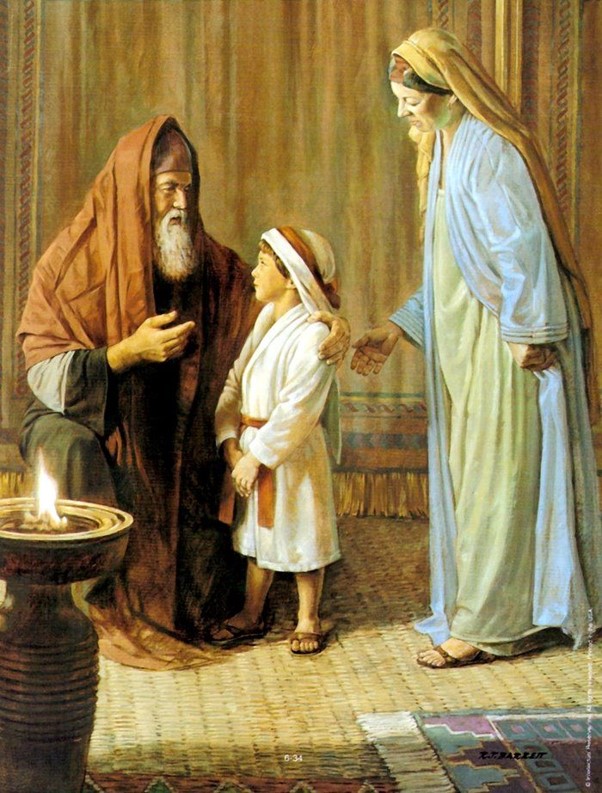
He would grow up to become a great high priest and kingmaker.
Eli asked God to give Hannah and Elkanah more children to replace “the one she prayed for and gave to the Lord,” (1 Sam. 2:20). She went on to have three further sons and two daughters.
“Meanwhile, the boy Samuel grew up in the presence of the Lord,”
(1 Sam. 2:21).
Teaching
This Sunday, October 27, 2024, I am teaching a women’s group on Hannah’s story and what it means to us, in Jerusalem: CALLED TO BEAR FRUIT? This is a free, all-day event. Email me: bobbie@bobbieanncole.com if you would like more information about attending.
I may offer this training online as a webinar if there is sufficient demand. Please let me know if you would be interested.
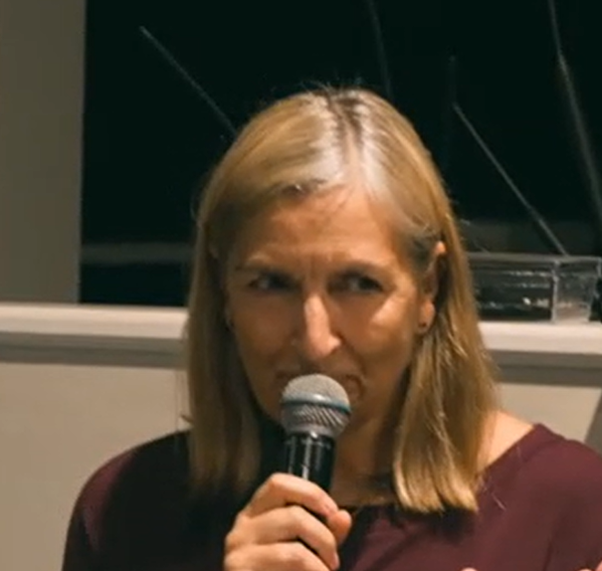
Sign up in the sidebar to be first to hear about my posts and receive my newsletters from Jerusalem.

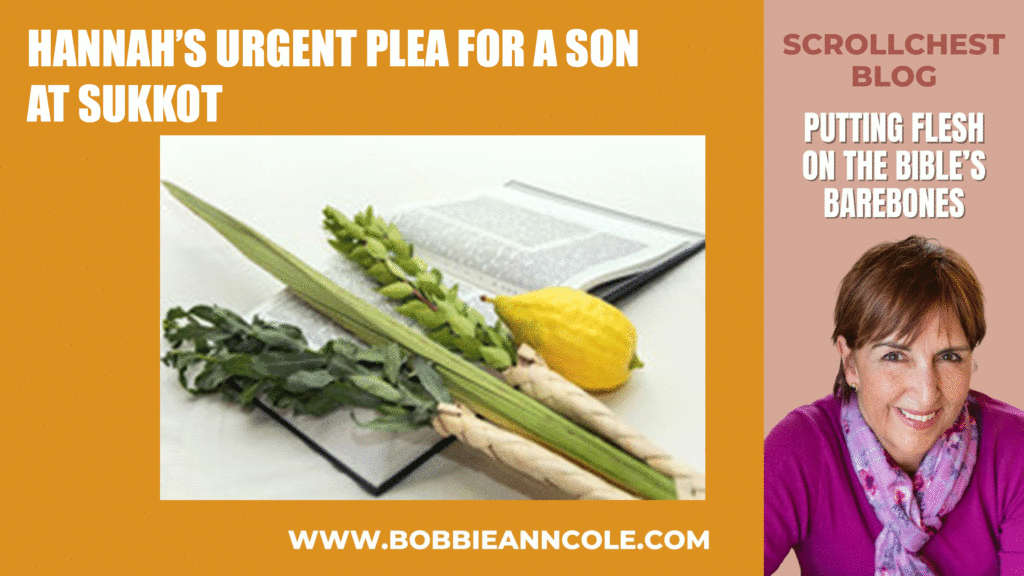
I would be interested in a webinar about bearing fruit if you do it. I have been busy most of this year writing a discipleship course which the Lord asked me to do at the beginning of the year. I have now begun to teach it, giving two talks every month. Hopefully each session will be put on YouTube after they have been edited so other people can learn from them, not just my own church,
It must be so lovely living in Israel and, when you do have a little spare time off, going to visit various places, although I fully realise that travel is somewhat restricted at present as to where it is safe to go. Lets hope that by October 7th 2025 this war will be a thing of the past and Israel can once again open its doors to tourists.
Blessings. Esther
At the women’s day I taught at the end of Sukkot, there were women whose path had turned out to be single, others who’d wanted children for a long time before they came and others still who never had children – like Mary of Nazareth, we are all called to bear fruit – different fruits, accordingly. Sometimes this can be heartbreaking. Other times we may be grateful for how things have turned out. The day was very special. I am super busy right now, Esther, as my semester just began but I think it is something worth discussing at length with my online followers.